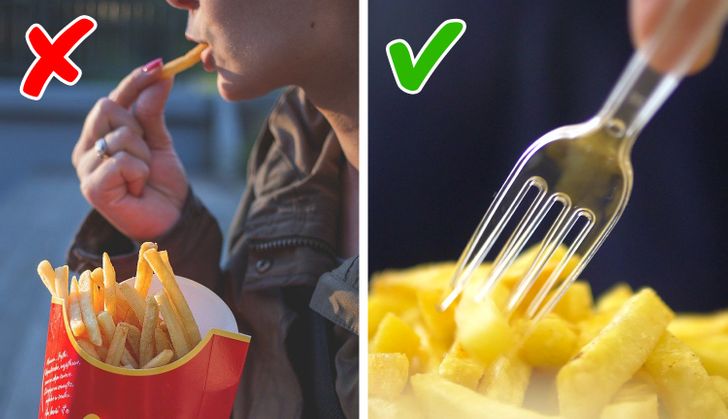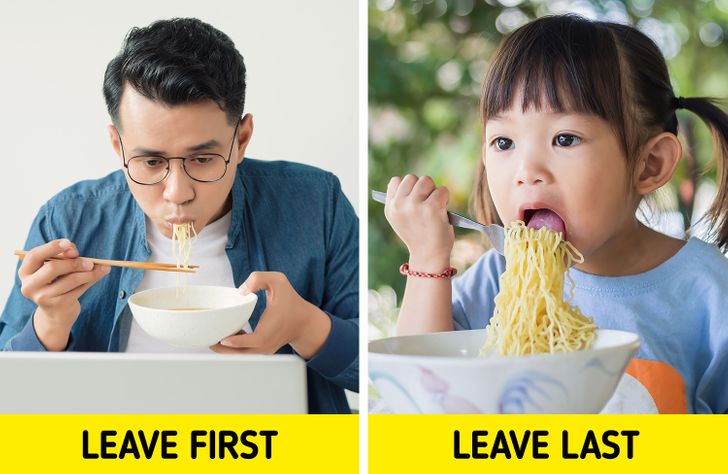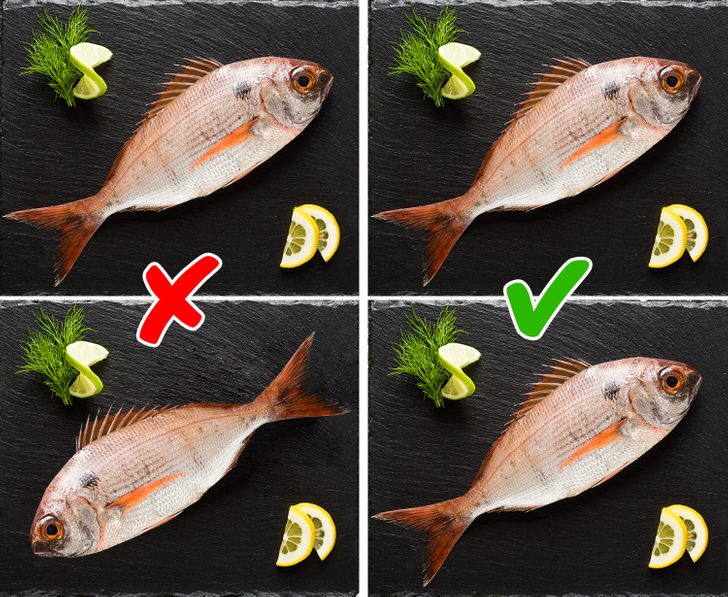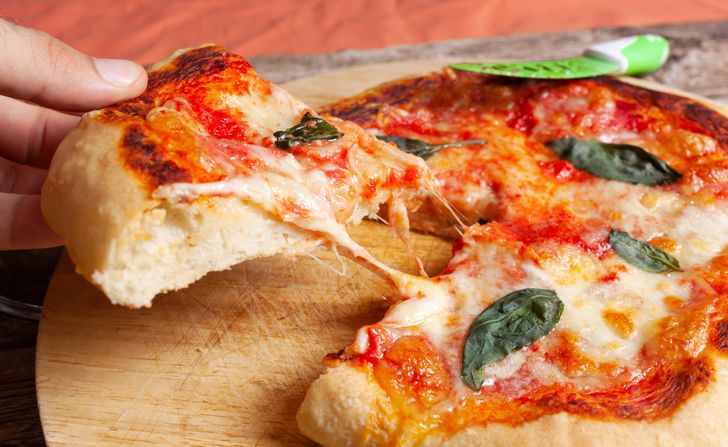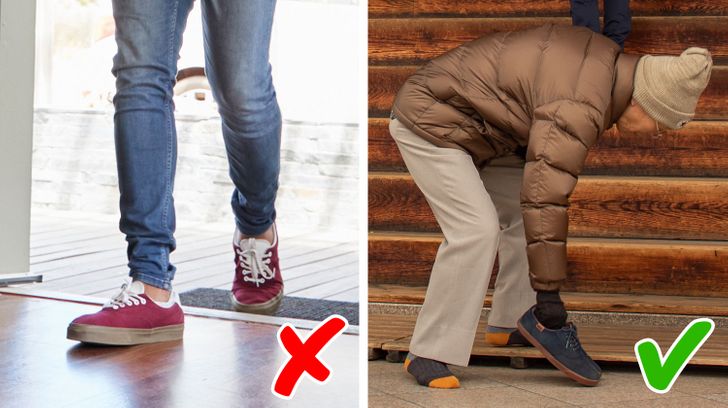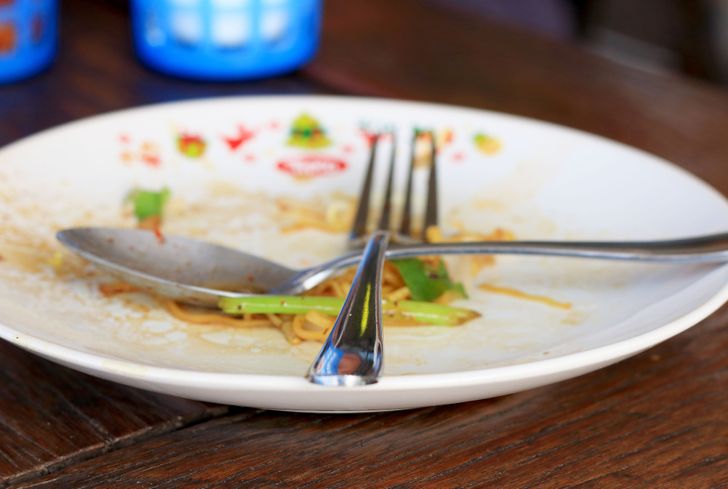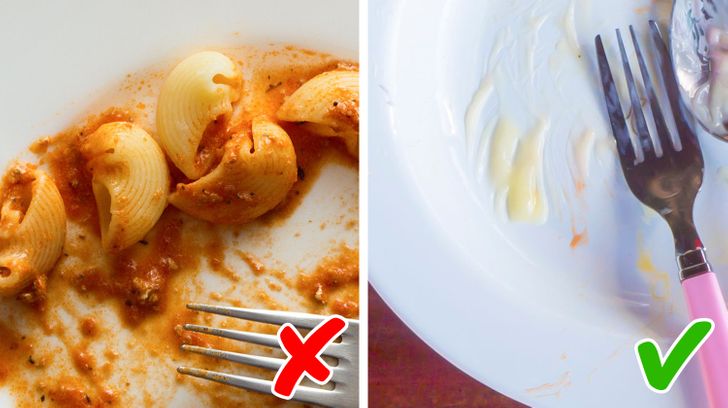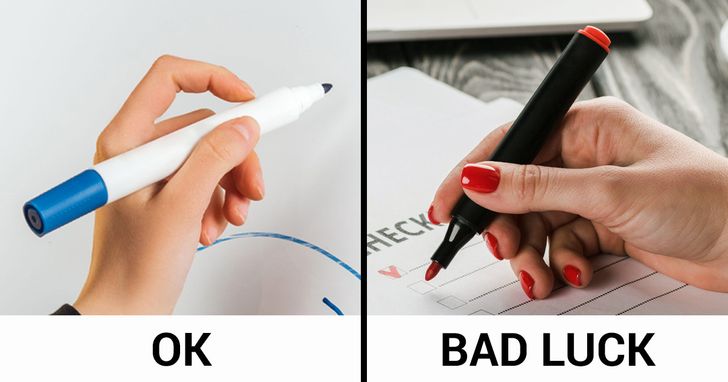I think everyone should incorporate this Japanese rule with no shoes in the house. I know so many people who don't care and go in dirty shoes all around their houses
9 Habits That Might Get You in Trouble Around the World
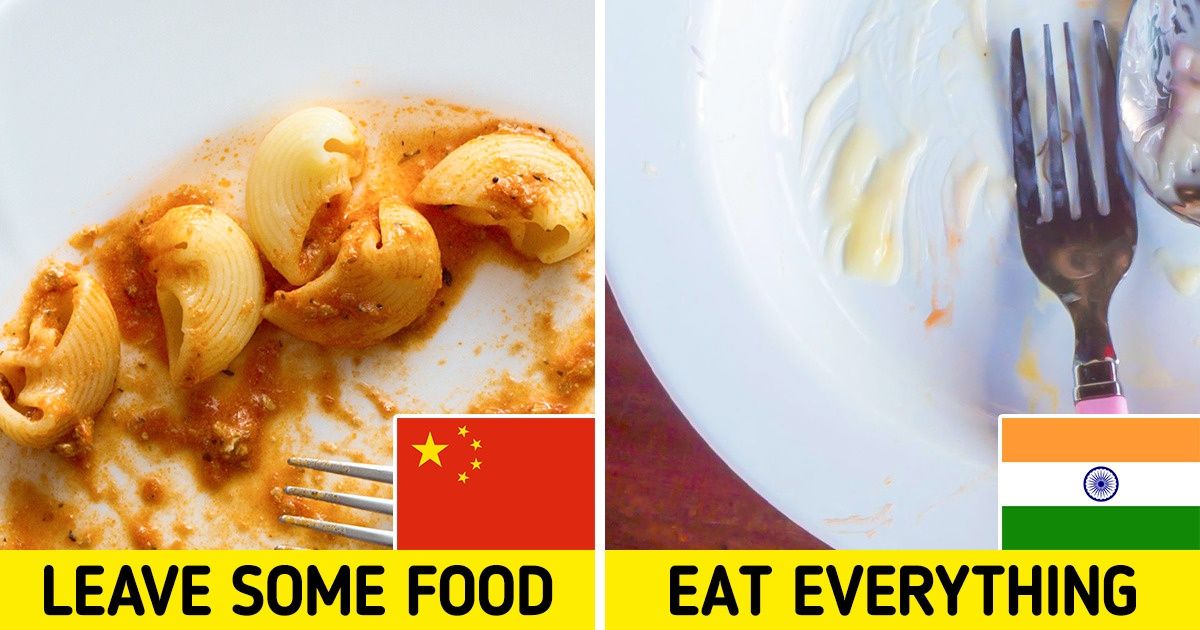
In Spain, when you don’t kiss someone on the cheek the first time you meet them, it’s considered rude. This is an example of cultural etiquette, codes of behavior that change from one country to another. In some places, culture shock can happen, but we can always adapt to the manners the natives follow so we don’t come off as rude or annoying.
Bright Side has listed some unexpected rules that must be followed in different parts of the world, if you don’t want to face any unnecessary embarrassment.
1. Eating with your hands in Chile
In Chile, you’re better off eating without ever touching your food. Chileans consider it distasteful to use your hands to eat anything, even snacks like French fries. That’s why they always have knife and fork ready for every meal.
2. Starting to eat before the eldest person at the table in Korea
3. Flipping over a fish in some parts of China
4. Asking for extra cheese on your pizza in Italy
Italy is known for its tasteful and delicious cuisine. There, it’s considered rude to ask for anything that doesn’t already come with the dish that was served. So if you would like to add some parmesan on your pizza, but don’t want to displease the servers, you better do it when they’re not looking.
5. Entering a house with shoes on in Japan
It is customary to leave your shoes at the entryway (or “genkan”, as they say) of a house, facing outward toward the door, before going in. This tradition comes from the Heian period and besides keeping the house clean from mud-covered straw sandals or clogs, at that time, the rule also exists because only bare or stocking feet are allowed on the woven straw mat floors — which is where Japanese people sit, eat, and sleep.
6. Eating everything that’s on your plate in China
In China, it has been long considered rude to clean your plate. It’s an indication that the host didn’t offer you enough food. But this custom has been changing with movements like ’Operation Empty Plate,’ which aims to reduce food waste.
7. Not eating all of the food on your plate in India
8. Nodding the “usual” way in Bulgaria
Nodding is a bit different in Bulgaria where shaking the head left and right actually means “yes” and shaking it up and down means “no.” You better be careful when answering a question there with nonverbal communication. Just for safety, you might want to stick with the words “da”, which means “yes” and “ne”, which means no.
9. Writing someone’s name in red in South Korea
In South Korea, red is the color that means death, so they typically use it to mark someone who has passed away. If you write a living person’s name in red, it is believed to bring bad luck. Because of that, be sure to always bring a blue or black ink pen with you too.
Have you ever traveled somewhere new and run into unexpected traditions? Tell us about your experience in the comments.
Comments
Agree! As for me, I instantly remove my shoes when I enter my home and always make sure the floors are clean
So many "rude" food habits, it's easy to lose your track :D
in Turkey sore restaurants serve some free tae to their guests after their meals. If you refuse drinking it, it might be considered rude
China is very very weird.
Related Reads
15+ Bewildering Pics That Almost Fooled Our Brains

I Refused to Pay for the Coffee Machine at Work—Now HR Got Involved
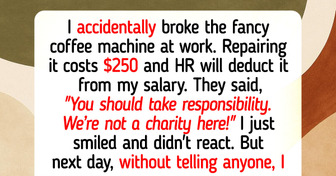
13 Stories That Prove the Craziest Plot Twists Come From Real Life
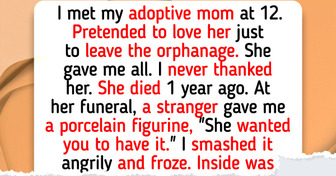
15 Stories That Prove Being Kind Costs Nothing but Means the World
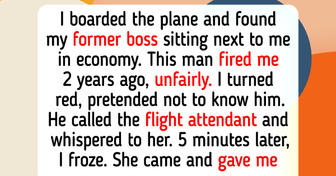
I’m Childfree, but My Boyfriend Refuses to Accept It and Keeps Forcing Me to Have Kids

My MIL Insulted Me in Public—I Taught Her a Lesson

10 Real-Life Stories That Ended Like a Strange Movie Plot
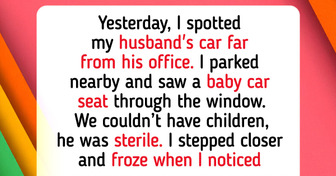
My Stepdaughter Stole My Food to Feed Her Kids, I Don’t Want Her in My House Anymore
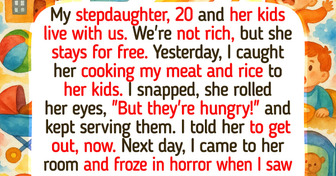
I Refuse to Keep Supporting My Daughter and Her 5 Kids for Free
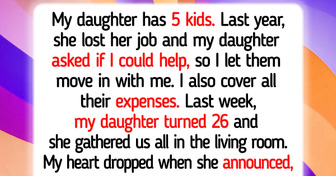
I Refuse to Host Thanksgiving Again—And It Turned My Family Upside Down
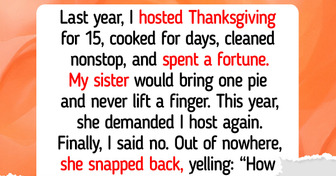
I Refuse to Stop Using My Pool Just to Please My Neighbor — Our House, Our Rules
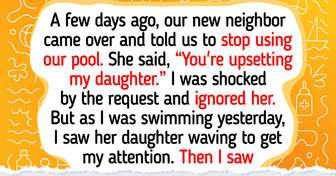
I Refuse to Be My Sister’s Free Full-Time Nanny—I Don’t Like Kids, and I’m Proudly Child-Free

